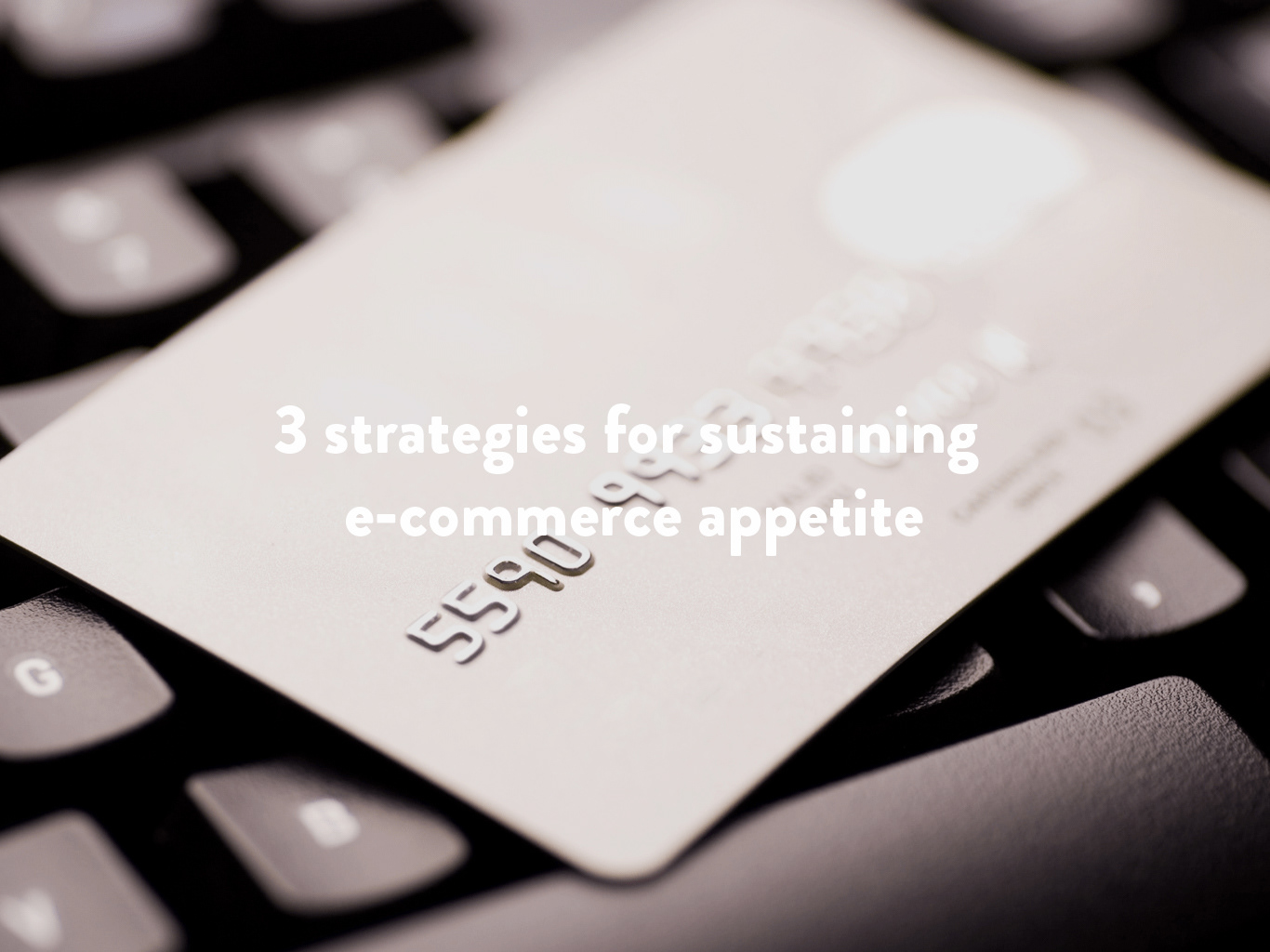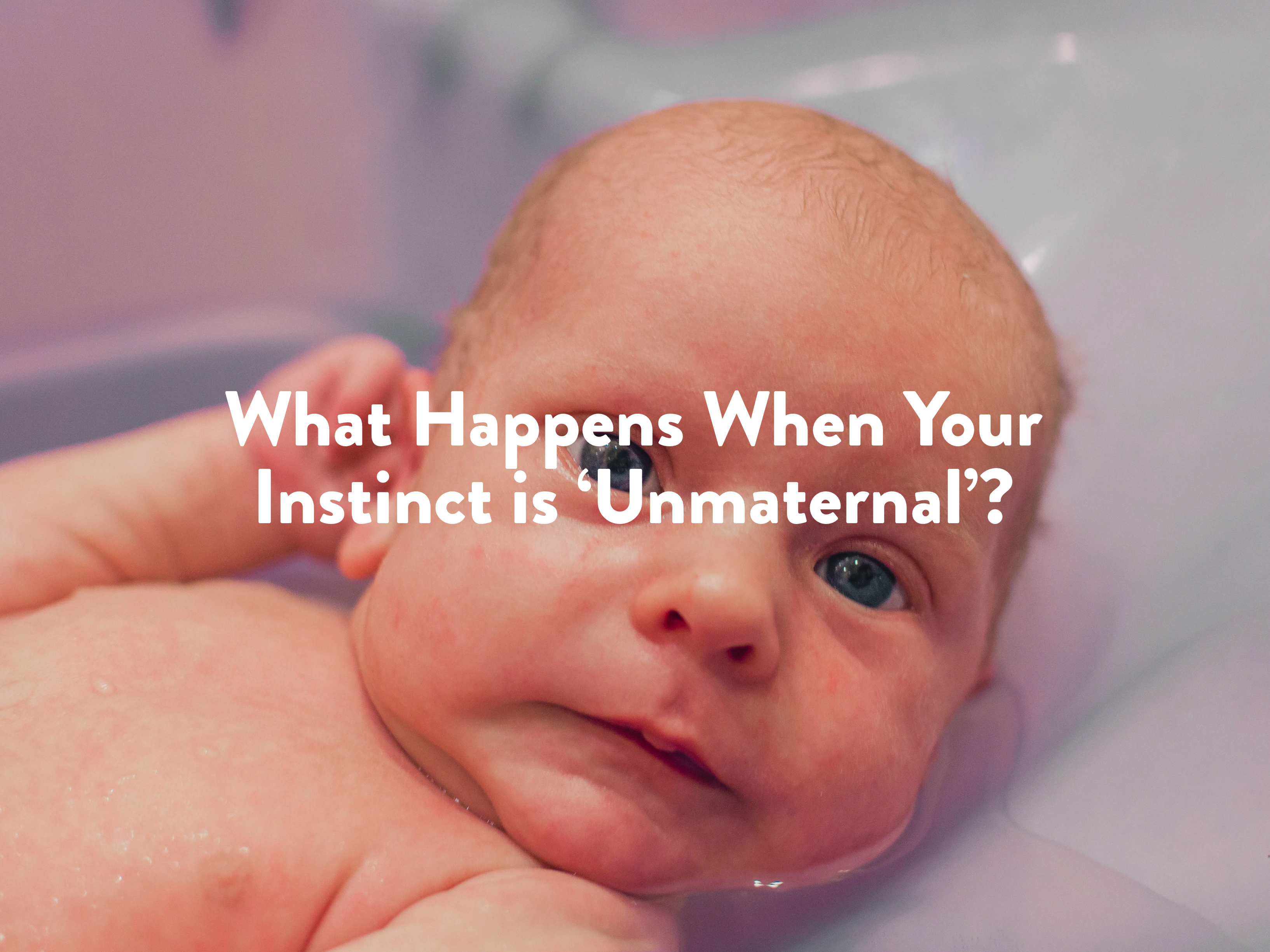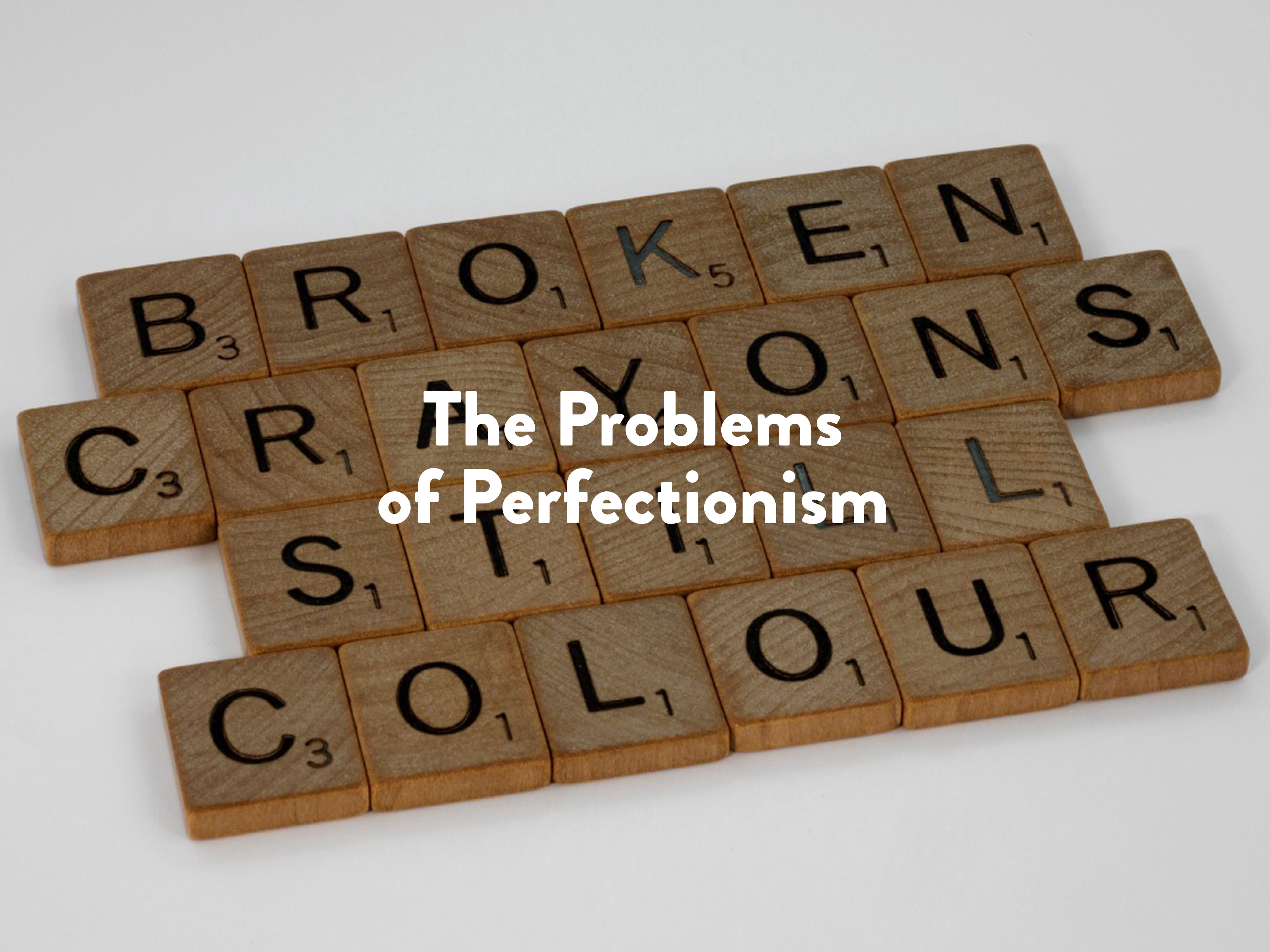Photo by Diana Polekhina on Unsplash
There is more to a woman’s life than the number she weighs.
It’s happening again. Adele makes a rare appearance [insert event or moment on social media here] — more recently The Oscars afterparty and her social media announcement for her 33rd birthday — and the weight loss commentary train leaves the station, picking up steam again. I say picking up steam, because it never truly stops chugging along. It’s been in momentum ever since she revealed her new frame in December 2019, highlighted by Lindy a year ago.
A quick Internet search alone reveals the number of times her weight loss is pored over. Sometimes it will be framed within a ‘How To’ addressing her diet, workout routine or both. Other times, it’s within the context of the event, positioned uncomfortably around what she’s up to as though the two circumstances cannot exist without the other.
More recent headline examples include being spotted at a party “after dropping 44kg”. This one is particularly problematic as it’s been over a year since she lost weight and has been seen multiple times since, so the observation just feels awkwardly shoehorned in. Or addressing anything from how she’s looking “slimmer than ever” as she enjoys herself, how “sensational” the weight loss is to how she’s “highlighting” it in her outfit choices for television appearances. And this doesn’t even touch the sides when it comes to social media comments and conversations taking place.
No matter how much the body positivity movement continues to gain traction, obsession around weight loss is always rife and unavoidable. The compliments I began receiving from peers were emphatic and numerous when I lost weight several years ago, but little did they know it was owing to a particularly bad stomach bug combined with long-term stress.
• • •
Weight loss as an end destination
I’m ashamed to say that after the weight inevitably returned — because that’s what happens and is normal — I longed for, and strived to return to my ‘poorly’ weight.
The consistent narrative and glorification around weight loss maintains the misinformed belief that it’s the end goal, the ultimate destination. So, when the pounds return and the compliments fade, if you’re vulnerable to body dysmorphia, disordered eating or an eating disorder, it can be a dangerous trigger.
The consistent narrative and glorification around weight loss maintains the misinformed belief that it’s the end goal, the ultimate destination. So, when the pounds return and the compliments fade, if you’re vulnerable to body dysmorphia, disordered eating or an eating disorder, it can be a dangerous trigger.
Unpacking a recent headline declaring that Adele looks “happier than ever after seven-stone weight loss…” demonstrates this in action. It implies that Adele can only be, or even worse, should only be happy now that she’s lost weight. It sells the misleading pipe dream that all your problems will fade if you just lose those stubborn pounds.
I wonder if she ever catches a glimpse at these headlines and wonders, or subconsciously fears that if she were to regain the weight, would that automatically mean she should be miserable because it’s not the glamorous end of the spectrum to be on? It sounds ridiculous, but these headlines have potency.
I also went on to make some pretty significant efforts to reach the weight I wanted for my wedding — even to the lengths of ignoring alarming signs that these efforts were perhaps too overzealous, but I persisted under the guise of following a ‘healthy eating and exercise routine’.
Since then, without their full knowledge of my efforts or my thought patterns during this time, some have continued to laud the appearance I achieved then as “incredible”.
What I hear in my head is that what I’ve levelled out to since is not so. I’m no stranger to the fact that the very act of me striving to be a certain ‘wedding weight’ is problematic in itself. I’ve picked at that thread a lot recently too.
• • •
The hidden layers of weight loss
When we sensationalize weight loss, we do so with disregard to layers of elements at play. The hidden personal circumstances — and sometimes costs — it takes to reach said weight loss. The person’s natural body weight. The health implications weight loss has, or has stemmed from. The mental health implications. The fact that the efforts can be all-consuming and sometimes mentally exhausting.
There are streams of women I know who have experienced the exact same “compliments”, through the endurance of either strict avocado toast diets, vegan routines, or even significantly stressful life events and experiences of their own.
I regret to say, I “congratulated” someone for how “tiny” she had become early last year — in my defence — assuming she had done so for her own wedding and honeymoon. As soon as the words tumbled out of my mouth, landing awkwardly, I realised I was playing an active part in the problem, boarding that same commentary train.
The sad fact is we’ve been hard-wired to observe and ruminate on weight loss. Decades of wall-to-wall women’s magazines displaying the weights of several celebrities, regularly demonstrating those who had lost and who had gained. It didn’t matter which way — what seemed to matter was it just had to be unpacked. And now, Adele’s weight loss is the number that joins the archives.
Intriguingly, each time it is mentioned in media, it’s never backed with her own commentary. This in itself says a lot. Satisfyingly though, Adele’s only personal reference to her weight loss was made on Saturday Night Live and was executed beautifully.
I liked the fact she never used the words “weight”, or “loss”. I loved the fact that she turned it into humour, but with a kick: “I know I look really, really different since you last saw me. But actually, because of all the Covid restrictions… I had to travel light and I could only bring half of me. And this is the half I chose.”
Arguably, did she even need to pull this joke? In some ways, it’s uncomfortable as though the public’s constant obsession with her weight created an expectation for her as a performer to do just that — perform by addressing it publicly on stage.
It’s this obsession that is the fundamental reason why actress, presenter, model, writer, and activist, Jameela Jamil founded iWeigh. To break away from this unhealthy pattern and allow conversations to rewire the addictive, dangerous and demeaning habit of placing value solely on the numbers on the scale that we have been so typically accustomed to.
• • •
Value beyond the numbers
Quite simply, Adele is an incredibly talented singer, songwriter, and mother. She is the first living artist to achieve two top-five hits in both the Official Singles Chart and the Official Albums Chart simultaneously since the Beatles and her work has seen her smash multiple world records.
And that’s just the tip of the iceberg, there is so much value beyond what we see — in her private life and what she means to those close to her. So, it stands to reason that there are many other ways to remark upon her without reducing the occasion down — reducing her down — to simply weight loss.
Taking the emphasis and pressure off my own weight over a challenging year has in fact given me more back than I thought possible, and in fact, has been crucial in trying to steer through the roadblocks hit. It has given me head space, clarity and energy to add value in my career and to my relationships.
I dare say, if I had continued to throw energy into weight loss, and focus on my size as I have so fiercely in the past, I may not have made some of the mental breakthroughs or career realisations I have had this last year. My physical and mental capacity would have been all-consumed by the ever-elusive goal of achieving that “perfect” feeling that my weight is exactly where I want it.
Dismantling the fact I’ve fallen victim to the narrative and have played a part in adding to it is uncomfortable and a work in progress — anyone familiar with this journey knows it’s not as simple as waking up as woke and fixed one morning. But we owe it to one another to do better than this. We need to actively pull that commentary train to a stop completely — or at least reroute it to a healthier, more balanced destination.
• • •
Originally published on Fearless She Wrote







